
According to the CDC, there are many health benefits of owning a pet. “They can increase opportunities to exercise, get outside, and socialize. Regular walking or playing with pets can decrease blood pressure, cholesterol levels, and triglyceride levels. Pets can help manage loneliness and depression by giving us companionship. Most households in the United States have at least one pet.”
Earn your Pets badge and find out what makes a good pet and steps you can take to care for your pet. Badges you may wish to earn alongside your pets badge include Animals (specific) badge, Biomes Badge or Farm Animals badge.
- What animals make good pets?
- How much does a pet cost?
- What type of illnesses is my pet prone to?
- What type of injuries are the most common from owning this type of pet?
- What diseases can my pet pass on to humans?
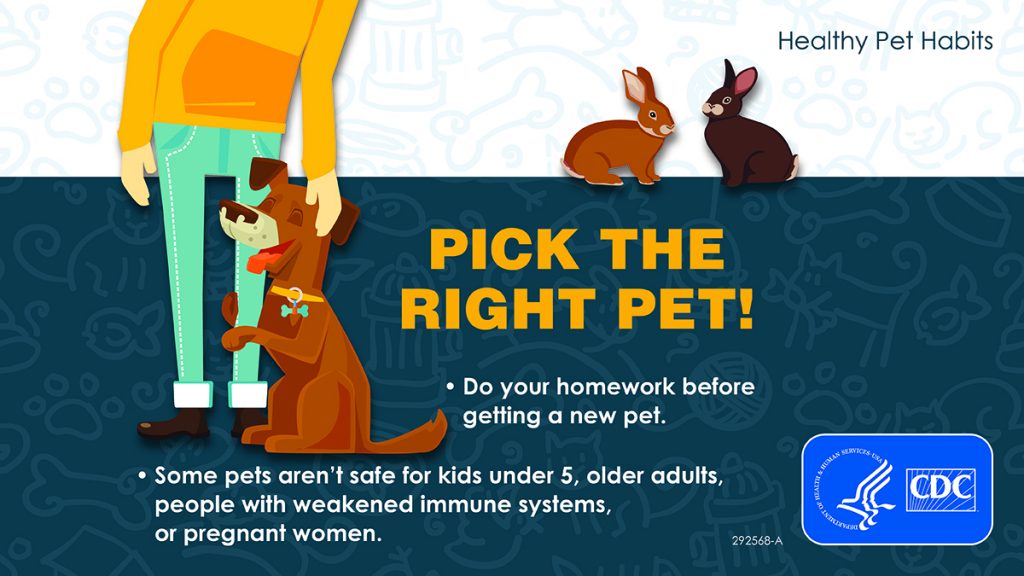
1. What Animals Make Good Pets?
While pets can bring a lot of joy to your life, not every animal makes a good pet. Read this simple article from Acres Animal Protection on Why Wild Animals Do Not Make Good Pets.
To Do: Print out the animal cards above. Shuffle the cards and discuss which animals would make good pets and which would not. Why? Sort them in into 2 piles. A pet pile and wild animal pile. If you are teaching a group, you can also randomly pass out cards to the kids. Have one side of the room be for “pets” and one for “wild animals.” Have kids move to one side of the classroom or the other based on whether they think their animal would make a good pet. Then have each child explain why they went to that group.
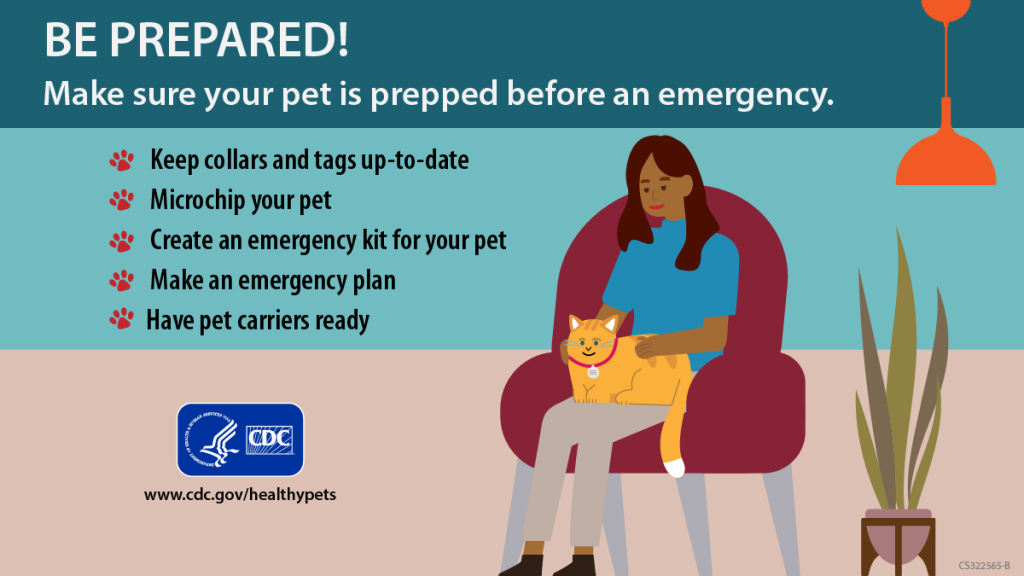
2. How Much Does a Pet Cost?
Some pets are fairly inexpensive while others cost quite a bit to purchase and keep healthy. Before choosing a pet, it is important to make sure you can not only afford to purchase the pet, but that you have enough money to feed and house it as well.
When deciding if you can afford a pet, consider the following:
- Will you need to purchase your pet or can you find a rescue? If you can rescue an animal, is there still an adoption fee?
- Will your pet need vaccinations to stay healthy? If so, how many and how often. What do they cost?
- What does your pet eat? How much do you have to feed them and how often?
- Does your pet need a special cage, fencing, or bedding?
- Does your pet require toys or special equipment such as a leash or saddle?
- Do you need special equipment to clean up after your pet urinates or defecates such as litter and a litter box for a cat or a shovel and wheelbarrow for a horse.
To Do: Choose a pet you would like to have or one that you already do. Print out the budget sheet and calculate what it costs to keep the pet of your choice. Average out the monthly and yearly cost of owning this type of animal.
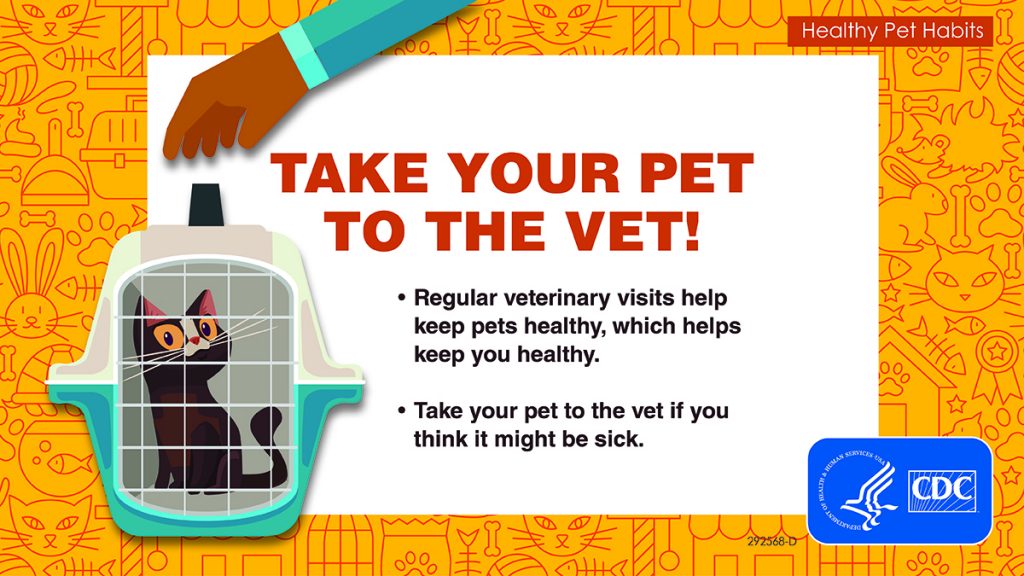
3. What Illnesses Is My Pet Prone To?
Every pet has different medical needs you have to be aware of. For example if you own a pug, they are susceptible to skin problems, breathing issues, luxating patella, and dental problems. If you own a ball python, they can get respiratory infections and may also get mouth rot.
To Do: Research the most common illnesses and injuries for your pet. How can you prevent them? Learn to recognize the warning signs of common illness and symptoms of common injuries. Show the proper way to administer medication to your pet (if possible).
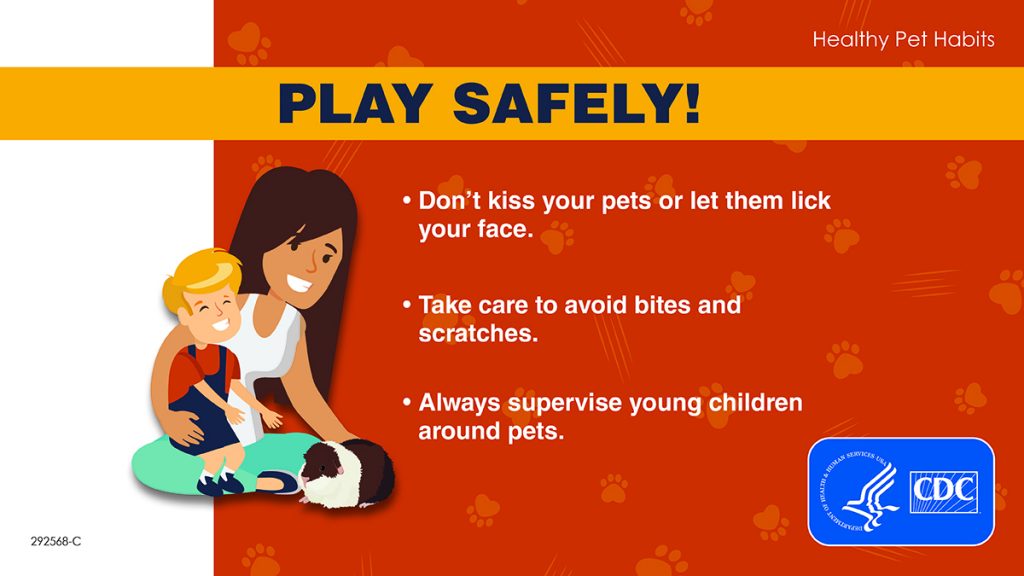
4. What type of injuries are the most common from owning this type of pet?
All pets have natural instincts that can kick in when they are scared or irritated that can cause injuries. Some common pet injuries occur simply because of the anatomy of your pet. For example cats have sharp claws. Even though they may not mean to hurt you, cat scratches occur often. Horses are big and heavy. If they accidentally step on you, you could end up with a broken foot.
To Do: Find out what the most common injuries to humans are from owning the type of pet you have chosen. Learn what first aid is necessary to treat those injuries and what can be done to prevent them. With a partner role play an injury and how to treat it properly with first aid.
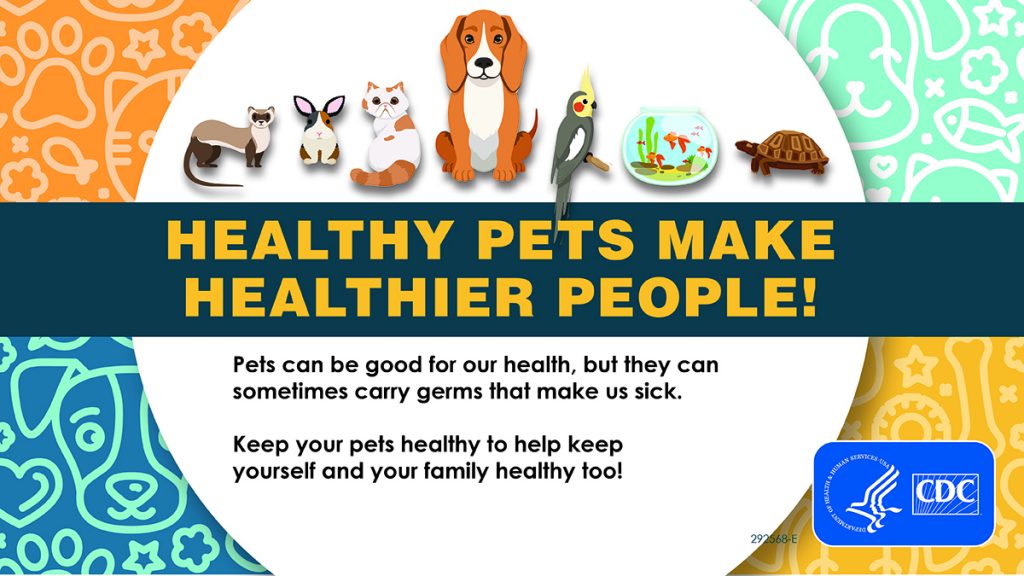
5. What diseases can my pet pass on to humans?
Many pets can pass on a variety of diseases to their human. Find out what illnesses your specific pet may be able to pass on. Examples may include tick-borne Lyme disease, rabies, or tularemia. What can you do to prevent your pet from getting and passing on these diseases?
To Do: Create a flyer that will help educate people about a pet disease or help prevent a common pet disease. From the CDC: Stay Healthy Around Animals Coloring Book
Follow our Facebook page for daily badge of the week resources. For planning purposes you can see which badges will be featured on our badge of the week calendar. You can also sort and search articles by topic on our main blog page. If you are not already a member, check out our membership pricing page.
Sources: https://www.cdc.gov/healthypets/health-benefits/index.html







